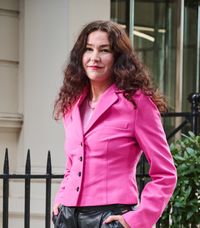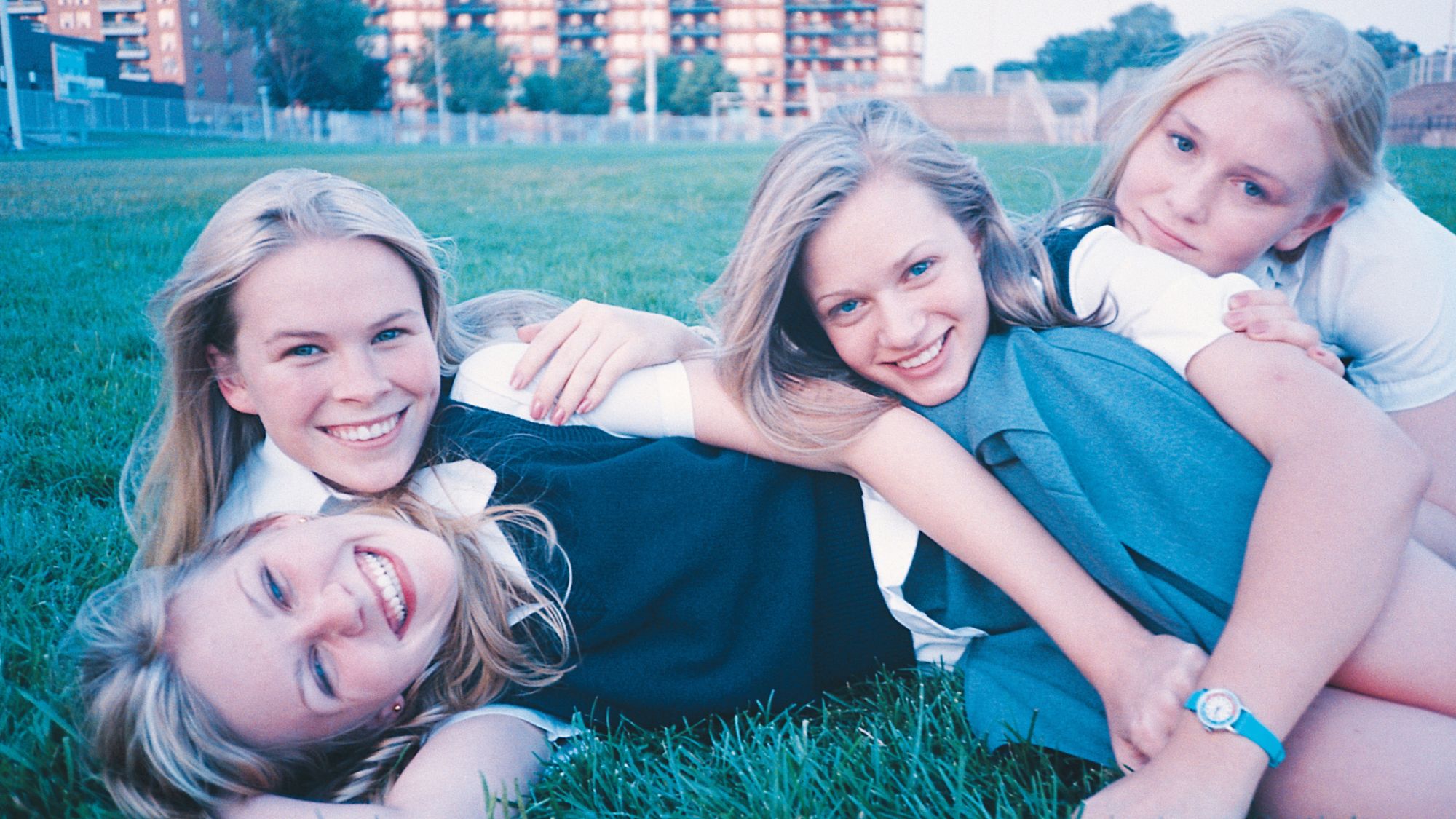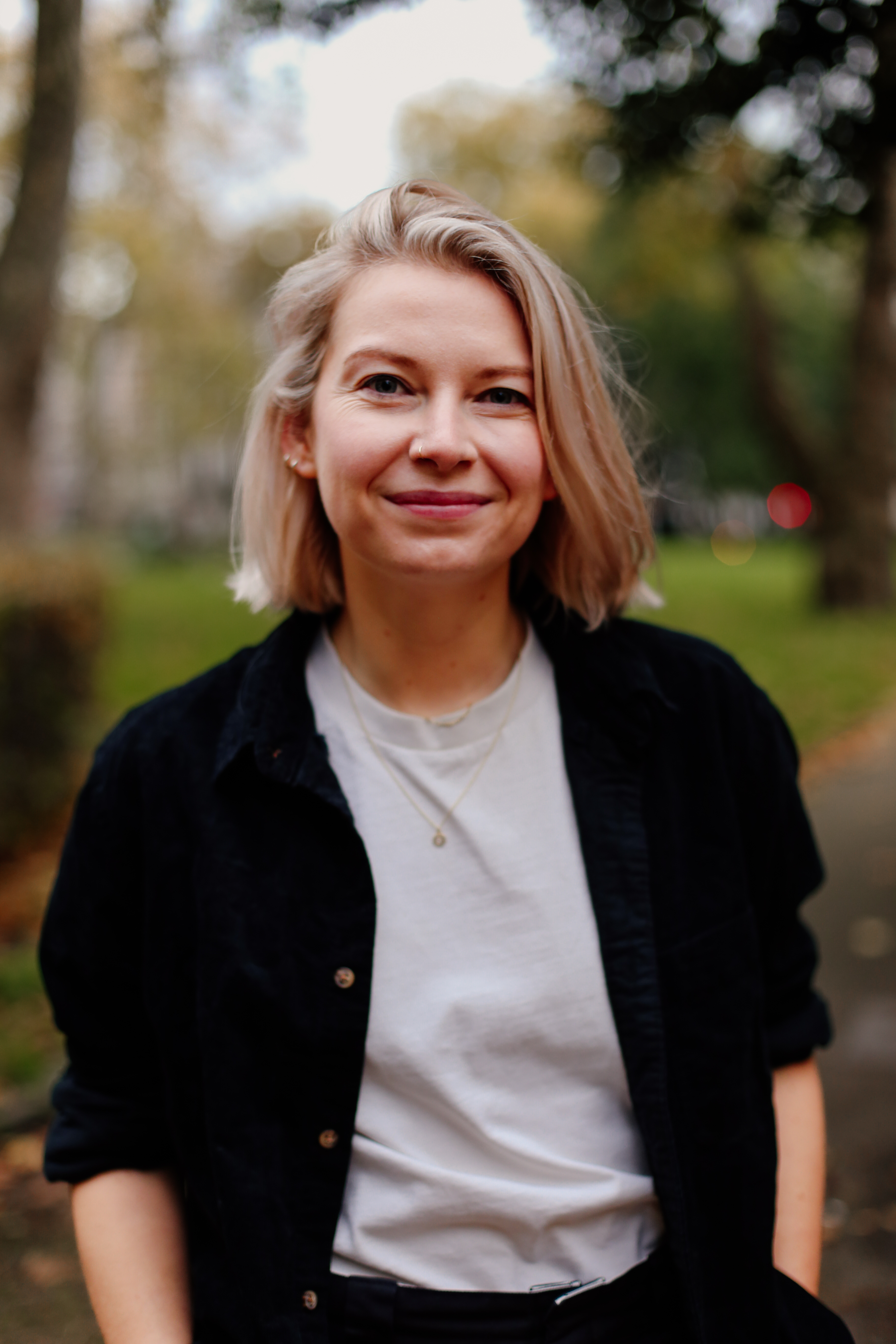“I was in my thirties and a nightmare teenager all over again”
It turns out adolescence isn’t just for teenagers - one writer found out the hard way.


‘Coming of age’ is a genre that has captivated authors, artists and directors for centuries. Auteurs like Sofia Coppola have been so fascinated by the coming-of-age experience that their filmography is eternally linked to girlhood and growing pains.
And while Netflix has an entire category dedicated to the genre, each of the 17 films currently listed under ‘Coming of age’ focus on the teenage experience. So you can imagine author Laura Kay’s surprise when she found herself going through what she describes as “a second adolescence”.
Kay was 33 and recently divorced when she discovered the hard way that adolescence isn’t the reserve of the under-20s. Here, she recounts how writing a rom-com that she was contractually obligated to finish whilst in the grip of heartbreak allowed her to edge her way towards a new way of life and why we should all be prepared for multiple comings of age and emotional overhauls.
By Laura Kay
In the summer of 2022, my marriage ended. My partner and I had been together for nearly ten years. As a gay couple, for a lot of our time together, we weren’t allowed to get married - what a privilege it was, and what pain for it to be over. I had just turned 33. A glamorous and dangerously young divorcee! I was the first to make that joke, and the loudest one telling it.
I was also contracted to write my fourth rom-com. Every day I sat down to work, but the story would not come. I had lost touch with what love should look like and what I wanted it to look like. I was also in the midst of a bleak period of depression, one that I dealt with alone in the flat that had been our home, and I could now hardly stand to be in.

Author Laura Kay
I had lost touch with what love should look like
I have always been a diligent worker, and desperately grateful for my job, but everything I wrote felt dishonest and hollow. It was the sort of bad poetry and melancholic musing I might have written in my diary or on blogs as a teenager, but it was in those awful outpourings that I found not only the book I should write, but also how to articulate what I was going through.
Celebrity news, beauty, fashion advice, and fascinating features, delivered straight to your inbox!
The idea of ‘coming of age’, when applied literally, means the journey from childhood to becoming an adult, typically through puberty and out the other side. I had supposedly come of age when I thought the coolest thing I could do was drink alcohol in the park and listen to famous records I thought I'd discovered. When I was supposedly ‘coming of age’ I had a boyfriend and hadn't yet discovered my queerness. In fact, I hadn’t discovered a lot of things. Like most teenagers, I didn't know myself at all.
I was 24 when I met the person I would marry five years later, and I grew up with them. They were the first girlfriend I introduced to my parents, the girlfriend I moved to London with, and shared friends with. When I walked down the aisle, I thought I’d done all my growing and whatever came next, I would tackle fully formed.
When I walked down the aisle, I thought I’d done all my growing.
I knew about the idea of a second adolescence being used in queer circles—usually to describe the period when someone comes out later in life—but having come out in my early twenties I never considered applying it to myself. However, I can see now that coming of age isn’t something that you go through once; it can describe any time you lose your sense of self, have to start again from scratch, or re-learn who you are.
I was in my thirties and a nightmare teenager all over again, but this time with access to a disposable income, dating apps and my own flat.
Aside from dealing with untreated raging depression, there were huge pluses to rediscovering myself in such a free and unabashed way. I spent more time with my friends, made deeper connections, and made new friends who I now can’t imagine living without. I learned what I liked again, I bought new clothes and ate different foods. I travelled alone for the first time and went to New York; a place we’d spent a lot of time together and saw it through new eyes. I dated like I invented it and had a great time. I met people who were meant to be transient and others who are still in my life and vital to it.
I poured the feeling of dysregulation and strangeness paired with hope and the idea that anything was possible, and the new freedom that I had longed for and loathed into the rom-com that was to become Making It. I wrote about my protagonist Issy, a woman in her late twenties who, because of mental illness, has lived a tiny life and overnight, everything changes. As in life, there is sadness (I have had to apologise via dm to many readers for making them cry on the beach) but it is awash with hope, possibility and joy.
In Issy’s story—and mine—the lesson I’ve taken away is to put less emphasis on beginnings and endings, and instead try to remember that we are constantly evolving. The process is the point. We can always change, we must in fact.
I am happier now, I feel grown up again, mostly. I am content and healthy. I sleep and eat and I take my medication. But I am more aware than ever that the process isn’t over, that it’s constant. Although I'm grateful to no longer live in the chaos of ‘coming of age’, or my second adolescence or just plain old heartbreak, I know now that I contain multitudes; I am someone who is content and also someone who is learning about themselves. I am a glamorous and dangerously young divorcee and I can make that joke now, and I can really laugh.
Laura Kay is a writer living in East London. In 2018 she was selected for the PRH WriteNow scheme where she developed her first novel The Split, which was longlisted for the Polari First Novel Prize. Making It is her fourth novel.

Mischa Anouk Smith is the News and Features Editor of Marie Claire UK.
From personal essays to purpose-driven stories, reported studies, and interviews with celebrities like Rosie Huntington-Whiteley and designers including Dries Van Noten, Mischa has been featured in publications such as Refinery29, Stylist and Dazed. Her work explores what it means to be a woman today and sits at the intersection of culture and style. In the spirit of eclecticism, she has also written about NFTs, mental health and the rise of AI bands.